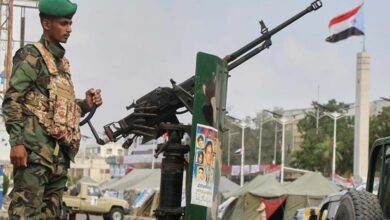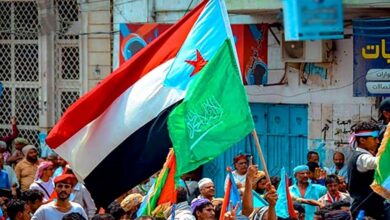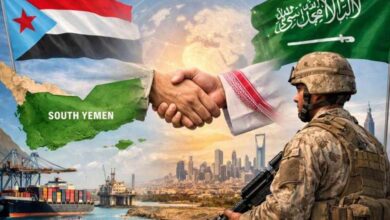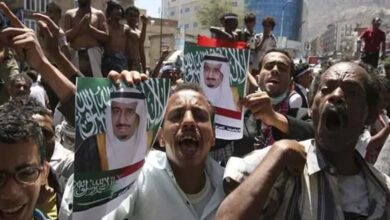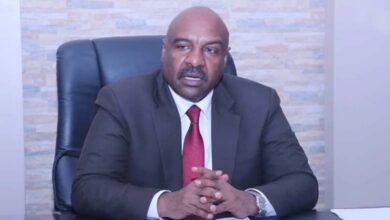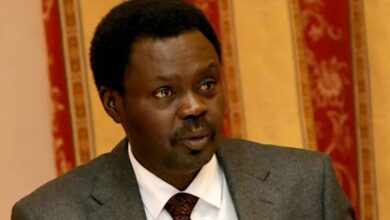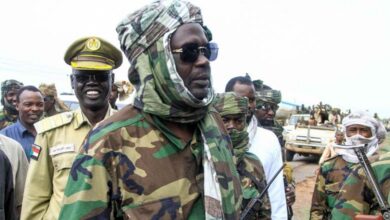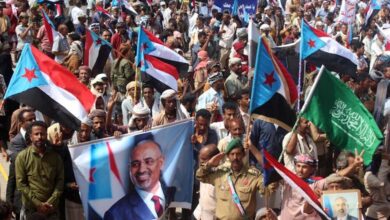Is Sudan now threatened with international and regional isolation? What is the role of President al-Burhan?
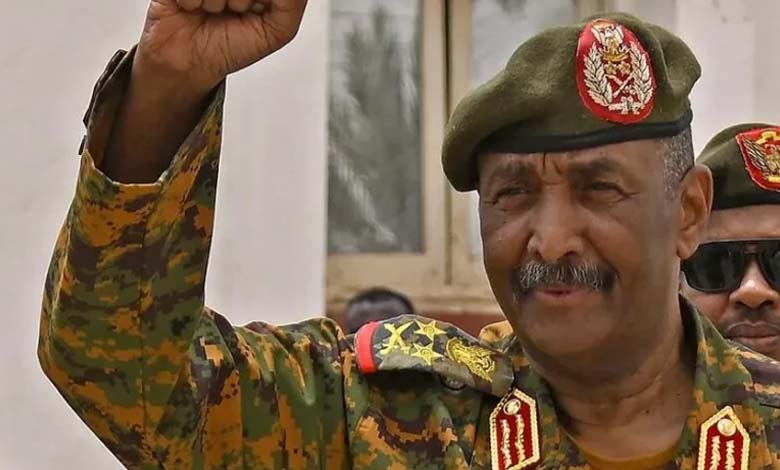
The Sudan is now threatened with entering into a “new international and regional isolation” due to the hardline stances adopted by its foreign ministry, which align with the army chief Abdel Fattah Al-Burhan, whether through freezing relations with regional entities like the Intergovernmental Authority on Development (IGAD) or refusing to engage with UN bodies and missions.
The dispute between Sudan’s diplomacy and IGAD brings back to light previous tensions and disputes between Khartoum and several organizations and entities, including the African Union, with which Khartoum entered into a diplomatic crisis last September following its call for settlement and meeting its officials with Rapid Support Forces leaders. At that time, Al-Burhan believed that Sudan could do without the African Union.
Sudan’s membership in the African Union has remained “suspended” since the army’s overthrow of the government in October 2021, which the regional organization deemed a “military coup” against the civilian government led by Abdallah Hamdok, based on the Union’s regulations that prohibit military coups on the continent.
The Sudanese Sovereign Council has also clashed sharply with the United Nations Integrated Transition Assistance Mission in Sudan (UNITAMS) due to its opposition to the “military coup,” which it saw as “undermining civilian governance” in the country. Sudan’s Foreign Ministry declared last June the UN Secretary-General’s representative in the country, Volker Perthes, as “persona non grata.”
Mohamed Abdel Hakim, head of media affairs in the Federal Gathering, believes that “any attempt to end the war in the country faces resistance from the government, which circumvents, deceives, and escalates against the international community, including the United Nations and the foremost continental organization, the African Union, along with unjustified attacks on Western and Arab countries pushing for crisis resolution initiatives.”
Abdel Hakim adds that “the Sudanese government’s suspension of dealing with IGAD is primarily an attempt to avoid any peaceful and political solutions to end the war,” emphasizing that “this confirms the remnants of the ousted regime’s control over decision-making in the country and their desire to prolong the war to achieve a victory that would return them to power, even though it seems difficult militarily.”
Sudanese politicians conclude that “these positions and practices threaten to plunge the country back into the gravest international and regional isolation in its history, with repercussions on prolonging the war and exacerbating the situation in the region.”
Maher Abu Goukh, a member of the Sudanese Forces for Change, believes that “the ruling authority in Sudan is already isolated regionally and internationally, and its marginalization has been aided by the loss of maneuvering room to mitigate tensions and conflicts between regional axes, revealing their lack of seriousness in resolving the war,” according to his assessment.
Abu Goukh believes that “the international and regional communities will work to stop the chaos, urging the war advocates to take decisive and effective steps by resorting to the Security Council or the Peace and Security Council of the African Union, as the situation in Sudan poses a real threat to international and regional peace and security.”
The Sudanese politicians hold the Sudanese Foreign Ministry responsible for this confrontational path with regional and international institutions, stating that “the leaders of the ousted regime (that of former President Omar al-Bashir) are behind the creation of all disputes between Sudan and its environment.”
Abdel Hakim points out that “the ongoing accusations by Sudan’s diplomacy against the UN mission, and its accusation of bias towards political forces, go beyond statements, given that they coincide with the mobilization of supporters of the ousted regime to protest against the mission chief to expel him from the country.”
Abu Goukh believes that “the positions expressed by the diplomacy continue to give constant signs of rejection and obstruction to any path ending the war, thus explaining the reasons for the diplomatic failure of its moves.” He also believes that “the warm reception received by the Rapid Support Forces leader in several African countries sends a message to the Foreign Ministry that the international and regional community have reached an unprecedented level of frustration and fatigue due to their irresponsible actions.”


